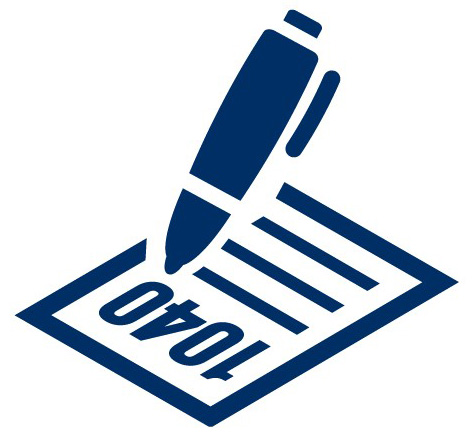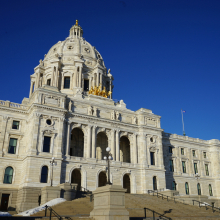Blueprint: Recommendations for policymakers
Stabilize existing businesses through targeted relief
Targeted relief should include the following:
Avoid additional restrictions on business operations.
Businesses have done their part to help prevent the spread of COVID-19 under restrictions since mid-March. These restrictions have taken their toll, with a tremendous drop in their revenue or going out of business altogether. Businesses will continue to encourage and educate employees and customers on safety protocols to mitigate community spread in workplaces and consumer-facing businesses. Businesses can also act as laboratories for innovative practices and technologies to combat the spread of the virus.
Do not raise costs and burdens on businesses that are already struggling to survive.
Additional costs and taxes will result in more closures and delay Minnesota’s economic recovery. As state and local governments grapple with budget deficits, they should not add costs to businesses. Minnesota businesses already pay taxes among the highest in the nation and businesses consistently report that high tax burdens remain a top barrier on ability to grow in Minnesota.
Help businesses with cash flow.
Additional grants will allow them to survive beyond the shutdowns. Businesses are already under financial stress and should not be forced to take on more debt for the loss of business resulting from the public health crisis. Minnesota should look to other state programs that have provided more generous grants for their businesses especially considering additional shut downs.

Provide additional tax relief to help with cash flow and to improve the state’s competitiveness.
Tax relief can be targeted to businesses suffering from reduced revenues. It could include a delay in sales tax remittance payments and estimated tax payments; easing of federal interest cap and net operating loss changes provided in the federal CARES Act; sales tax relief for COVID-19 related purchases and abatement of property taxes. Minnesota should also allow pass-through entities the option to pay their income taxes at the entity level, thereby lowering their federal tax burden without resulting in a revenue loss for the state.

Ease restrictions and/or allow flexibility on government assistance for existing loans.
The current government loan and grant programs related to COVID-19 were enacted when it was thought the economic impact would be a shorter duration. There may be additional flexibility that is now required for those programs to better reflect the latest data on the duration of the pandemic and recovery.
Enact COVID-19 lawsuit protections.
Minnesota businesses are eager to get back to work safely. Businesses are very concerned about increased litigation exposure and costs related to COVID-19. As the pandemic progresses it’s clear that it is impossible to fully eliminate the possibility of exposure to the virus on a person’s property and commonsense legal reforms will help prevent unwarranted lawsuits that will impede our economic recovery. For example, providing legal protections for employers that have followed government guidance and protocols for reducing the risks of exposure to COVID-19.
Support the public health response to COVID-19.
The COVID-19 pandemic has upended our lives and our economy. Employers continue to take all possible steps to protect the health and safety of their employees during these unprecedented times. But state and local public health officials continue to play a critical role in halting the spread of the virus. This includes:
- Continuing to leverage federal, state and local resources to ensure the public health infrastructure (testing, tracing, isolation/quarantine and treatment) to manage spread without sacrificing economic well-being.
- Actively engaging the business community and employers in efforts to vaccinate. As they do with annual flu vaccines, employers play an important role in facilitating access to vaccinations and helping educate the public about the safety, efficacy, and importance of vaccination. The state must work collaboratively with industries and businesses that employ essential workers to ensure those workers’ priority access to vaccinations.

Help improve health and safety of employees and increase consumer activity while preventing spread of COVID-19.
This means further easing COVID-19 restrictions and allowing office workers to return to work and providing for greater flexibility for customer-facing businesses. Economic recovery will require customer confidence spending activity to return. Without action to increase business capacity during the cold weather months, many additional businesses will be lost. Additional changes allowing for additional flexibility can be done safely to protect employee and customer health while helping prevent additional permanent loss of business. This includes maximizing the ability of schools and child care entities to bring students and children safely back for in-person, full-time instruction and care. For thousands of working Minnesotans and their employers, returning to work at full capacity is also contingent on the consistent resumption of in-person instruction and care for their children. Prioritizing teachers and child care workers will ensure our economic recovery is not further impeded by a lack of available workers.
Recommended Articles
The Minnesota Chamber of Commerce released this letter on behalf of more than 60 CEOs of Minnesota-based companies today.
The...








